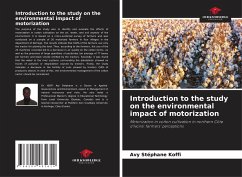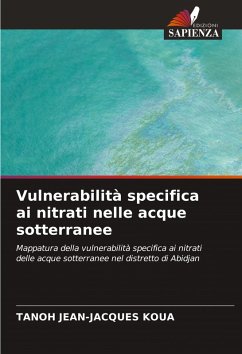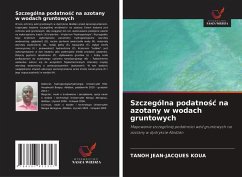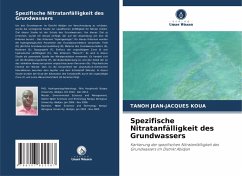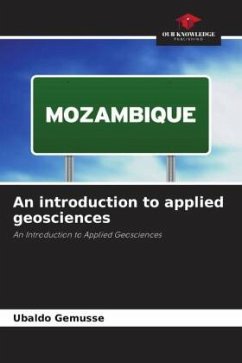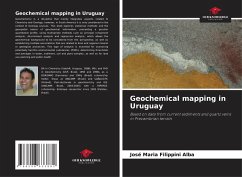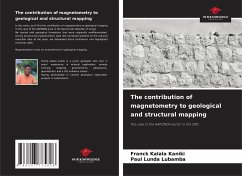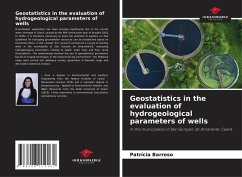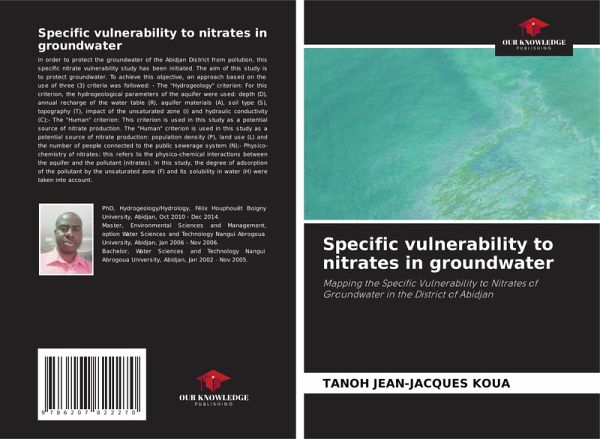
Specific vulnerability to nitrates in groundwater
Mapping the Specific Vulnerability to Nitrates of Groundwater in the District of Abidjan
Versandkostenfrei!
Versandfertig in 6-10 Tagen
29,99 €
inkl. MwSt.

PAYBACK Punkte
15 °P sammeln!
In order to protect the groundwater of the Abidjan District from pollution, this specific nitrate vulnerability study has been initiated. The aim of this study is to protect groundwater. To achieve this objective, an approach based on the use of three (3) criteria was followed: - The "Hydrogeology" criterion: For this criterion, the hydrogeological parameters of the aquifer were used: depth (D), annual recharge of the water table (R), aquifer materials (A), soil type (S), topography (T), impact of the unsaturated zone (I) and hydraulic conductivity (C);- The "Human" criterion: This criterion i...
In order to protect the groundwater of the Abidjan District from pollution, this specific nitrate vulnerability study has been initiated. The aim of this study is to protect groundwater. To achieve this objective, an approach based on the use of three (3) criteria was followed: - The "Hydrogeology" criterion: For this criterion, the hydrogeological parameters of the aquifer were used: depth (D), annual recharge of the water table (R), aquifer materials (A), soil type (S), topography (T), impact of the unsaturated zone (I) and hydraulic conductivity (C);- The "Human" criterion: This criterion is used in this study as a potential source of nitrate production. The "Human" criterion is used in this study as a potential source of nitrate production: population density (P), land use (L) and the number of people connected to the public sewerage system (N);- Physico-chemistry of nitrates: this refers to the physico-chemical interactions between the aquifer and the pollutant (nitrates). In this study, the degree of adsorption of the pollutant by the unsaturated zone (F) and its solubility in water (H) were taken into account.




